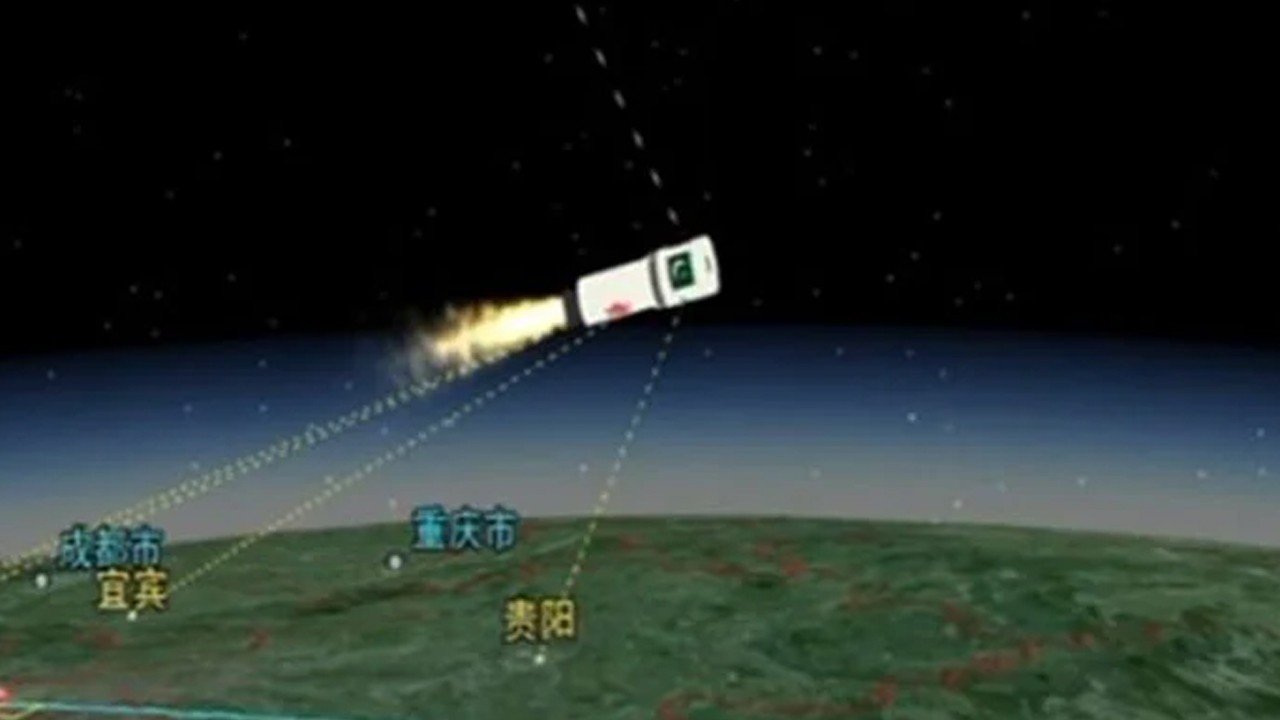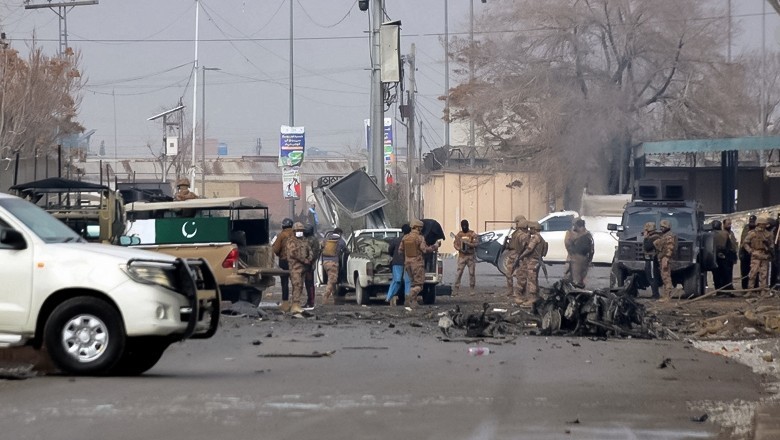Pakistan's remote sensing satellite captures high-resolution image after becoming operational in space

Web Desk
|
16 Aug 2025
Pakistan’s first remote sensing satellite started working after its successful placement in space, confirmed the Space and Upper Atmosphere Research Commission (SUPARCO) on Saturday, stating that it has captured “high resolution” images.
The latest remote sensing satellite was launched on July 31, marking a major milestone in the country's efforts to strengthen its space-based infrastructure for disaster management, environmental monitoring, and national development.
This state-of-the-art satellite was designed for Earth observation and scientific research, and it is also expected to play a vital role in improving the country's capacity to detect and respond to natural disasters, including floods, landslides, earthquakes, glacier melting, and deforestation.
Read: Pakistan successfully launches remote sensing satellite from China
A statement shared by the SUPARCO stated, "The satellite has established stable contact with ground stations and begun capturing and transmitting high-resolution imagery, greatly enhancing data availability and reliability for various national sectors.”
The commission stated that the remote sensing satellite would deliver high-quality images to support a wide range of applications of urban planning, infrastructure development, and regional planning.
The satellite would also assist in achieving the major goal of preventing disasters, with the formation and implementation of sustainable policies as a preemptive effort to respond to natural disasters such as floods, landslides, earthquakes, and other hazards.
Read: Pakistan sets sights on moon mission after successful remote sensing satellite launch
According to Suparco, it will also aid in protecting the environment by tracking glaciers' recession, deforestation, and changes in climate indicators.
SUPARCO highlighted that the satellite aligns with Pakistan’s National Space Policy and Vision 2047 roadmap, which aims to transform Pakistan into a technologically advanced nation through innovation in space science and research.
It will also support key national initiatives, such as the China-Pakistan Economic Corridor (CPEC), by identifying geographical hazards and enhancing environmental planning.












Comments
0 comment